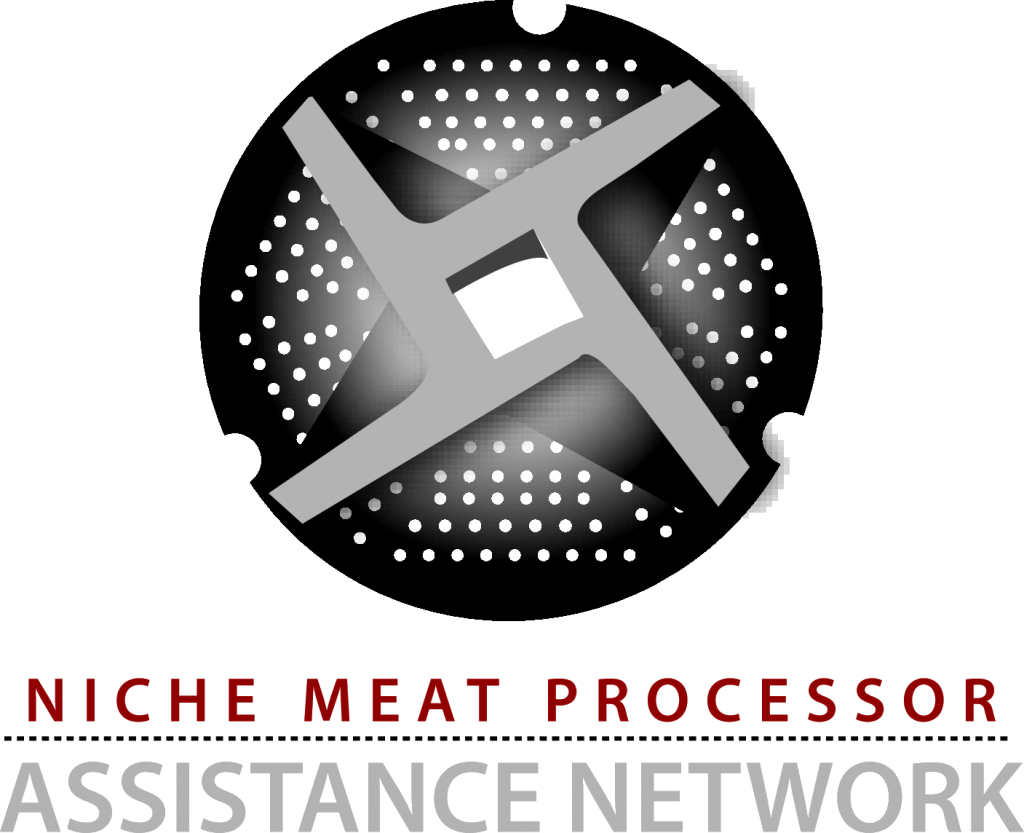Contents |
Succession Planning
Want to sell your business or pass it on to the next generation? Succession planning is important for all businesses that want to carry on into the future.
These worksheets and information, which are by no means only for small meat processors, will walk you through the planning process. They also explain methods of transferring business ownership and the associated tax liabilities.
The worksheets are excerpted from “An Owner’s Guide to Business Succession Planning” and used with permission by Iowa State University Extension Value Added Ag Program. The complete guide can be ordered from the Ohio Employee Ownership Center.
Worksheet 1: Identify Your Goals
Start by writing down your personal goals. Take some time developing these and getting feedback from others. Use this worksheet to develop your goals for future income, future involvement in the business, investment, legacy, and values.
Worksheet 2: Identify the Goals of Other Stakeholders
Who are the other stakeholders in this business succession? What are their needs and their goals?
Worksheet 3: Management Succession Planning
Succession in business ownership and succession in business management are not the same thing. Identify what management roles are key to succession, and how these can be covered as you retire from the business.
Worksheet 4: Envisioning a Best Case Scenario
Take the information from the 3 previous worksheets and put them together to map out what needs to take place, over what time period, for a best case scenario to happen. If you don’t at least try to plan for it, there is no way it will happen.
Worksheet 5: Design Unified Goals for Best Case Scenario
Here is where the rubber meets the road. This worksheet builds on worksheet 4 to set down in concrete terms what is actually possible while balancing everybody’s goals for smooth succession.
Methods of Business Ownership Legal Transfer
Once a business owner understands the goals motivating the succession planning process, it is helpful to understand the legal and tax implications of the business transfer. These depend upon what type of entity the seller is. Learn what the implications are for your business structure.


